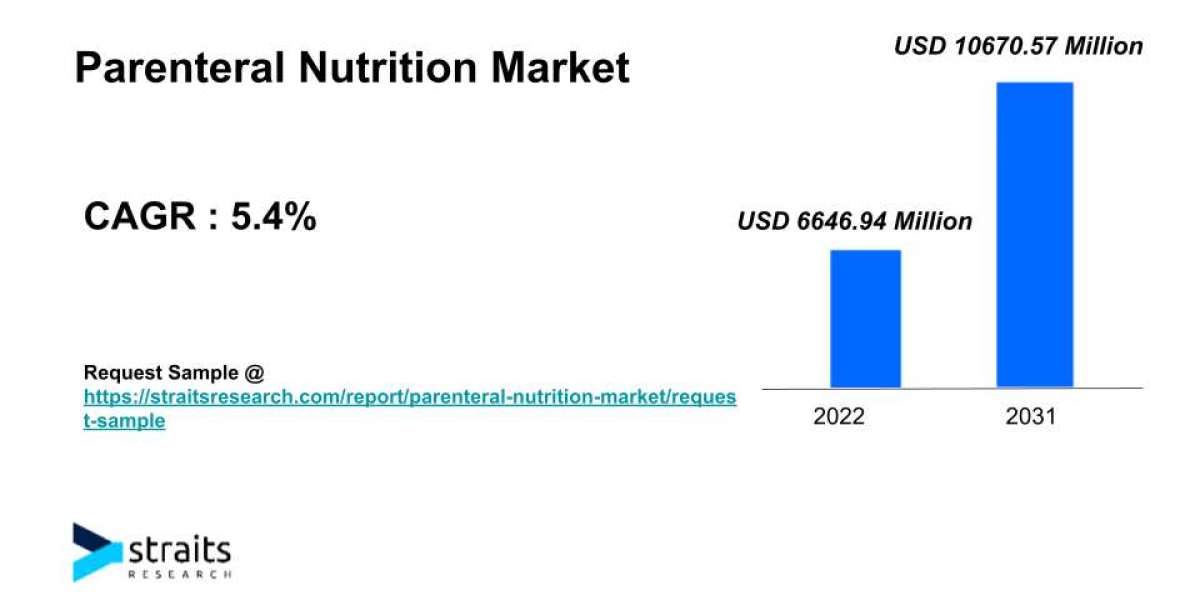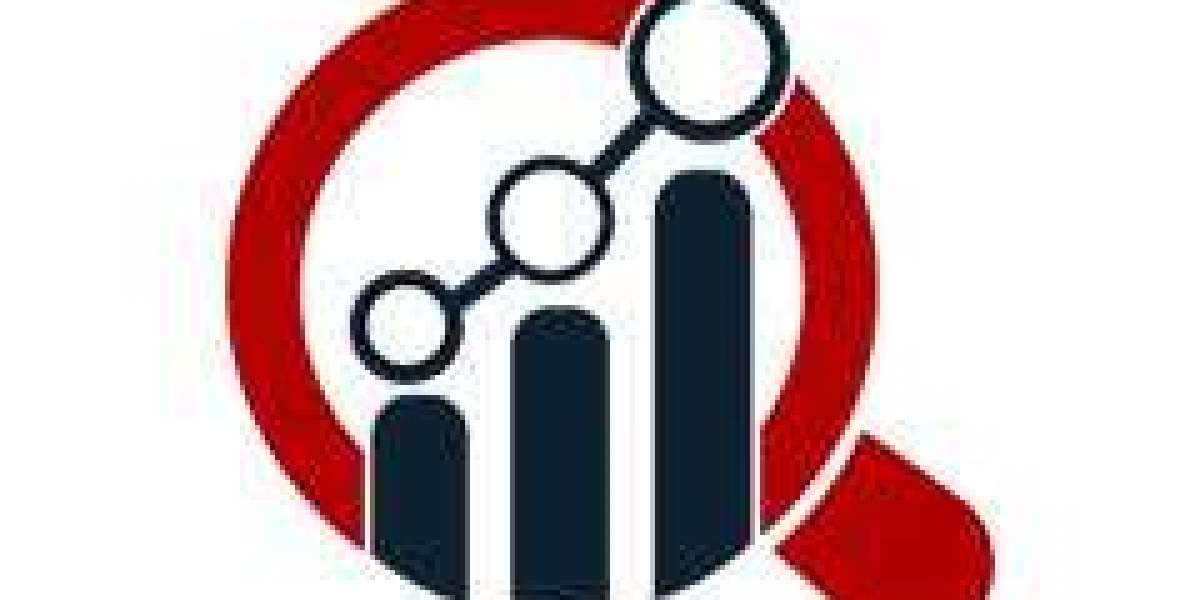Substance abuse represents a critical challenge that extends far beyond individual health concerns, profoundly impacting organisational productivity, safety, and overall workplace dynamics. The intricate web of consequences stemming from substance abuse touches every aspect of professional environments, from individual performance to collective organisational health. With increasing awareness and evolving corporate medical packages, businesses are now confronting this multifaceted issue with more sophisticated and compassionate approaches.
The Hidden Costs of Substance Abuse
Substance abuse in the workplace is not merely a personal struggle but a systemic challenge that reverberates through entire organisational ecosystems. When an employee battles substance dependency, the ripple effects are extensive and often invisible to casual observers. Productivity declines, workplace safety is compromised, and interpersonal relationships become strained, creating a toxic environment that can undermine even the most robust corporate cultures.
The economic impact of substance abuse is staggering. Companies lose billions annually due to decreased productivity, increased healthcare expenses, higher turnover rates, and potential legal complications. These losses are not just financial but also manifest in reduced morale, diminished team cohesion, and potential reputational damage.
Understanding the Multidimensional Nature of Workplace Substance Abuse
Substance abuse is rarely a straightforward issue with a one-size-fits-all solution. It emerges from a complex interplay of personal, psychological, social, and professional factors. Employees might turn to substances as coping mechanisms for stress, mental health challenges, personal traumas, or chronic pain. The workplace environment itself can sometimes contribute to these pressures, creating a cyclical pattern of substance dependency.
Recognising Warning Signs
Identifying substance abuse early is crucial for effective intervention. Warning signs may include frequent unexplained absences, significant changes in work performance, erratic behaviour, persistent tardiness, visible signs of physical or mental distress, and noticeable mood fluctuations. However, these indicators are not definitive proof and require sensitive, confidential handling.
Comprehensive Strategies for Addressing Substance Abuse
Modern organisations are increasingly adopting holistic approaches that balance accountability with compassion. These strategies go beyond punitive measures and focus on rehabilitation, support, and prevention.
Drug Screening and Development
Implementing robust drug screening programs is a critical first step. However, contemporary approaches emphasise comprehensive drug screening and development protocols that are not just about detection but also about understanding and supporting employees. Advanced medical test methodologies now allow for more nuanced, less invasive screening techniques that protect employee privacy while ensuring workplace safety.
Corporate Medical Packages: A Proactive Approach
Innovative corporate medical packages are emerging as powerful tools in addressing substance abuse. These packages often include:
· Confidential counselling services.
· Comprehensive mental health support.
· Rehabilitation program referrals.
· Ongoing wellness and stress management resources.
By integrating these elements, companies demonstrate a commitment to employee well-being that transcends traditional medical coverage.
Legal and Ethical Considerations
Navigating substance abuse issues requires a delicate balance between organisational requirements and individual rights. Legal frameworks continue to evolve, providing guidelines that protect both employees and employers. Companies must develop clear, transparent policies that outline expectations, consequences, and support mechanisms.
Creating a Supportive Environment
The most effective substance abuse prevention strategies cultivate a workplace culture of openness, understanding, and non-stigmatisation. This involves:
· Training managers in compassionate communication.
· Developing peer support networks.
· Providing confidential reporting mechanisms.
· Offering continuous education about substance abuse and mental health.
The Role of Leadership
Leadership is at the forefront of shaping how organisations address substance abuse within the workplace. Rather than framing the issue solely as a disciplinary matter, effective leaders adopt a compassionate and proactive approach that fosters trust and collaboration.
· Modelling Empathy: Leaders set the tone by demonstrating understanding and support for employees who may be struggling. Empathy can bridge the gap between management and staff, encouraging individuals to seek help without fear of judgment or reprisal.
· Creating Safe Spaces: A key responsibility of leadership is to cultivate an environment where employees feel comfortable discussing personal challenges. This includes implementing confidential channels for communication, offering access to counselling services, and ensuring a stigma-free workplace culture.
· Prioritising Employee Wellness: Proactive measures such as wellness programs, stress management workshops, and regular mental health check-ins can mitigate risks and create a healthier, more resilient workforce. When leaders prioritise wellness as part of the organisational ethos, it signals a commitment to employees’ holistic well-being.
By reframing substance abuse as an opportunity for recovery and growth, rather than punishment, leaders can inspire a culture of accountability, support, and shared responsibility.
Technological and Medical Innovations
The integration of advanced technologies and medical breakthroughs is transforming how organisations manage and prevent substance abuse in the workplace. These tools are equipping employers with more precise and effective strategies to support employees and uphold workplace safety.
· Predictive Analytics: Data-driven tools can help identify risk factors for substance abuse, such as high-stress roles or frequent absenteeism. Predictive models enable employers to implement preventative interventions, like targeted wellness programs, before issues escalate.
· Personalised Medical Interventions: Advances in medical science now allow for tailored treatment plans based on an individual’s genetic, psychological, and lifestyle factors. Personalised approaches ensure that employees receive the most effective care, improving outcomes and reducing relapse rates.
· Sophisticated Corporate Medical Tests: Modern drug testing methods are more accurate, less invasive, and capable of detecting a broader range of substances. Additionally, these tests are increasingly designed to respect employee privacy and minimise workplace disruptions, fostering a balance between safety and dignity.
· Digital Health Platforms: Mobile apps and virtual health tools provide employees with 24/7 access to resources, including educational materials, counselling sessions, and wellness tracking. These platforms empower individuals to seek help at their convenience and maintain ongoing support.
· AI and Machine Learning: Artificial intelligence tools can analyse patterns in workplace behaviour, absenteeism, and performance to flag potential substance abuse concerns early. Machine learning enhances the ability to customise interventions based on unique organisational needs.
A Holistic Path Forward
Addressing substance abuse in the workplace demands a multifaceted, compassionate approach. It requires commitment from every organisational level, from executive leadership to individual team members. By viewing substance abuse through a lens of understanding, support, and collective responsibility, companies can transform potential challenges into opportunities for growth, healing, and enhanced organisational resilience.
The journey is complex, but with the right strategies, empathy, and commitment, workplaces can become environments of genuine support, healing, and human potential.








